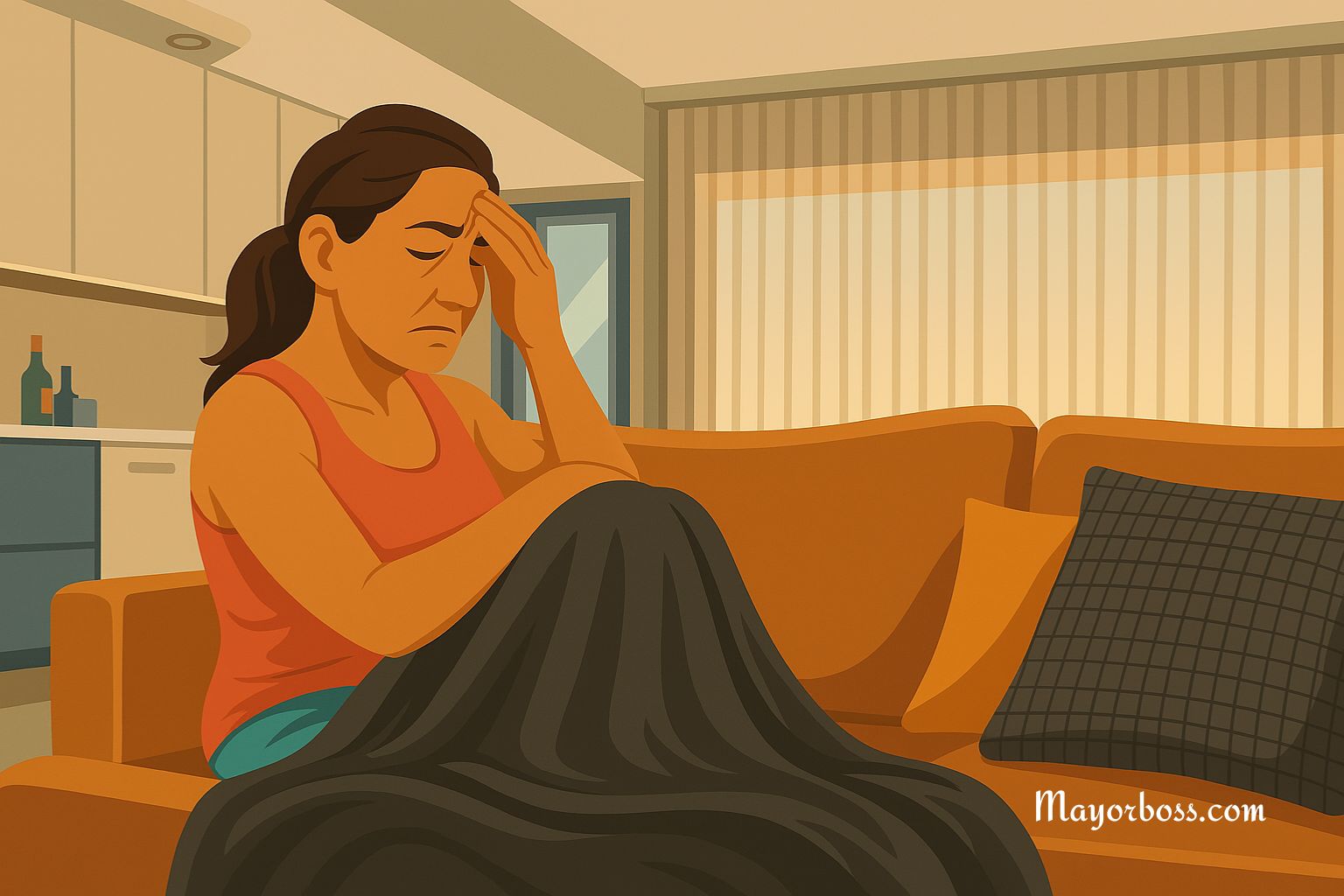7 Warning Signs You Might Have Chronic Fatigue
Chronic fatigue is more than just feeling tired. It’s a serious health condition that can affect every part of your life—your body, your mind, and your ability to function each day. Unlike ordinary tiredness, chronic fatigue doesn’t go away with rest. It can linger for months or even years, and without proper treatment, it often gets worse.
If you often feel exhausted for no clear reason, you might be dealing with chronic fatigue. Here are seven warning signs to watch for.

1. Persistent Exhaustion That Doesn’t Improve With Rest
One of the clearest signs of chronic fatigue is feeling drained even after a full night’s sleep. You may wake up feeling as though you never rested at all. Naps, weekends off, or even vacations don’t seem to restore your energy. This type of fatigue can interfere with work, relationships, and daily routines.
It’s not the kind of tiredness that comes after a long day—it’s deep, ongoing, and often unexplained.
2. Difficulty Concentrating or “Brain Fog”
People with chronic fatigue often struggle with focus. You may notice your memory isn’t as sharp or you have trouble organizing your thoughts. Some describe it as “brain fog.” You may feel mentally sluggish, like you’re trying to think through a haze.
This symptom can be especially frustrating. It affects how you work, communicate, and make decisions.
3. Muscle or Joint Pain Without Swelling
Aches and pains are common with chronic fatigue. You might feel sore all over, even if you haven’t exercised. Unlike arthritis, there’s usually no redness or swelling. The pain can shift from one area to another, and it often feels similar to the flu.
This kind of pain isn’t always easy to explain or treat, which can add to the stress of living with the condition.
4. Sleep That Doesn’t Feel Refreshing
People with chronic fatigue often have sleep problems. You may sleep for eight or nine hours but still feel completely wiped out. This happens because the sleep isn’t restorative. Even deep sleep stages may be disrupted.
Some people also experience insomnia, restless legs, or wake up multiple times during the night.
5. Worsening Symptoms After Physical or Mental Activity
This is known as post-exertional malaise (PEM). After light exercise or even basic chores, symptoms can flare up. You might feel completely drained for hours or days afterward. Mental effort—like reading, working on a computer, or having long conversations—can also trigger it.
PEM is one of the defining features of chronic fatigue and sets it apart from other types of tiredness.
6. Dizziness or Feeling Lightheaded When Standing
Some people with chronic fatigue experience a drop in blood pressure when they stand up. This condition, called orthostatic intolerance, can cause dizziness, faintness, or even a racing heart. You might feel better lying down but worse when standing or sitting for long periods.
This symptom is often overlooked, but it’s quite common in those with chronic fatigue.
7. New Sensitivities to Food, Light, Sound, or Smell
Many people with chronic fatigue report becoming more sensitive to things that didn’t bother them before. Bright lights, loud noises, or certain smells can feel overwhelming. Some also develop new food intolerances.
These sensitivities can make everyday environments harder to tolerate and can add to the feeling of isolation.
When to See a Doctor
If you’ve been feeling deeply tired for more than six months, and it’s affecting your daily life, it’s time to speak with a healthcare provider. Chronic fatigue is a real medical condition. It’s not “just in your head.” The sooner it’s identified, the sooner you can start managing it.
Your doctor will likely rule out other causes first—like anemia, thyroid disorders, or depression—before making a diagnosis. There’s no single test for chronic fatigue, but a careful review of your symptoms and health history can help guide the way.
Managing Chronic Fatigue
There’s no cure, but with the right support, people with chronic fatigue can find ways to improve their quality of life. Management often includes:
- Pacing: Learning how to balance activity and rest to avoid crashes
- Sleep support: Addressing sleep quality and habits
- Diet and hydration: Eating regularly and drinking enough fluids
- Mental health care: Managing anxiety or depression that may come with chronic illness
- Support networks: Connecting with others who understand what you’re going through
